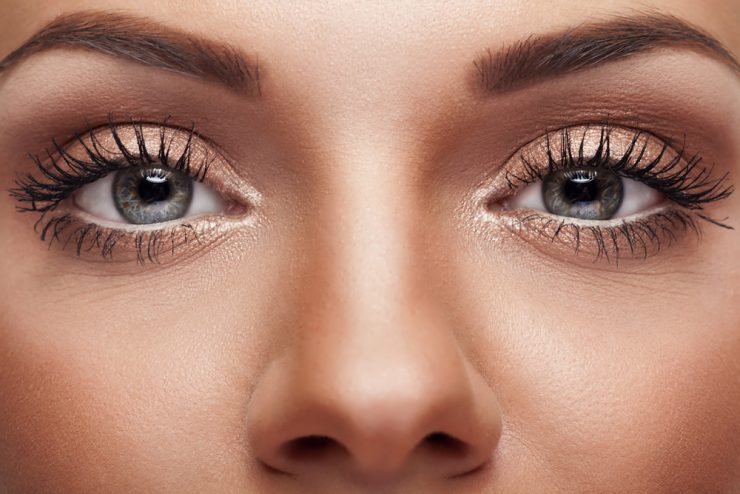It’s often said that the eyes are ‘the window to the soul’. They can also be a measure of overall health.
Clinical nutritionist, Suzie Sawyer shares her top tips for looking after your eyes.
LUTEIN AND ZEAXANTHIN
These two nutrients have been busting headlines recently in the eye health world. Found mainly in green leafy vegetables such as broccoli, kale, spinach and collard greens, they are thought to protect the macular of the eye and therefore help to preserve good vision, especially as we age.
EAT OILY FISH
Oily fish, such as salmon, mackerel and sardines, are a rich source of the essential omega-3 fatty acids, which are important for good vision. If you suffer from dry eyes it is also wise to stock up on omega-3s. For vegetarians, flaxseeds and pumpkin seeds are good sources of omega-3s. Alternatively, consider a supplement.
MILK THISTLE
Best known as a liver tonic and for its ability to regenerate this hard-working organ, milk thistle also helps produce the body’s key antioxidant enzyme, glutathione. This protects the body, including the eyes, against free radical damage. Our eyes are very susceptible to damage from environmental toxins, poor diet and stress, but milk thistle can really help the detoxification process, helping to bring back a touch of sparkle to our peepers.
BETA-CAROTENE
Found mainly in red, orange and yellow fruits and vegetables, beta-carotene is converted by the body to vitamin A, the key vitamin for eye health. Beta-carotene is another powerful antioxidant. So, try to include plenty of colourful peppers, sweet potatoes, carrots and butternut squash in your diet.
GINKGO BILOBA
The wonderful herb ginkgo biloba is known to help improve circulation throughout the whole body, which is essential for good eye health. People taking ginkgo biloba have also showed improvement in visual tests compared to their acuity before taking the extract. It is also thought ginkgo extract helps blood flow to the macula, the part of the eye that deals with fine vision and the optic nerve.























